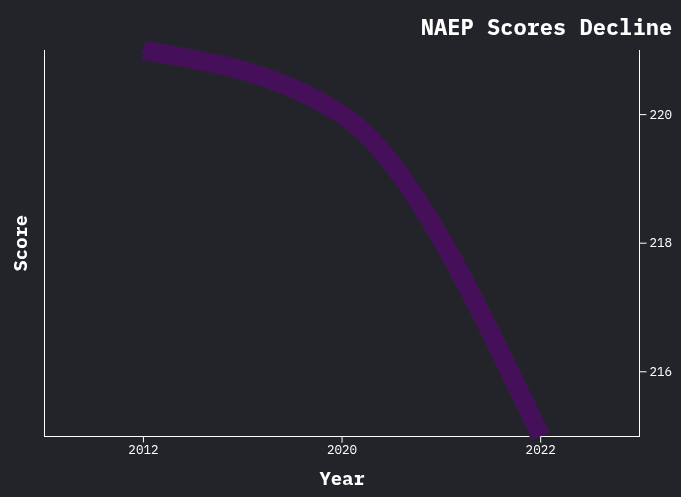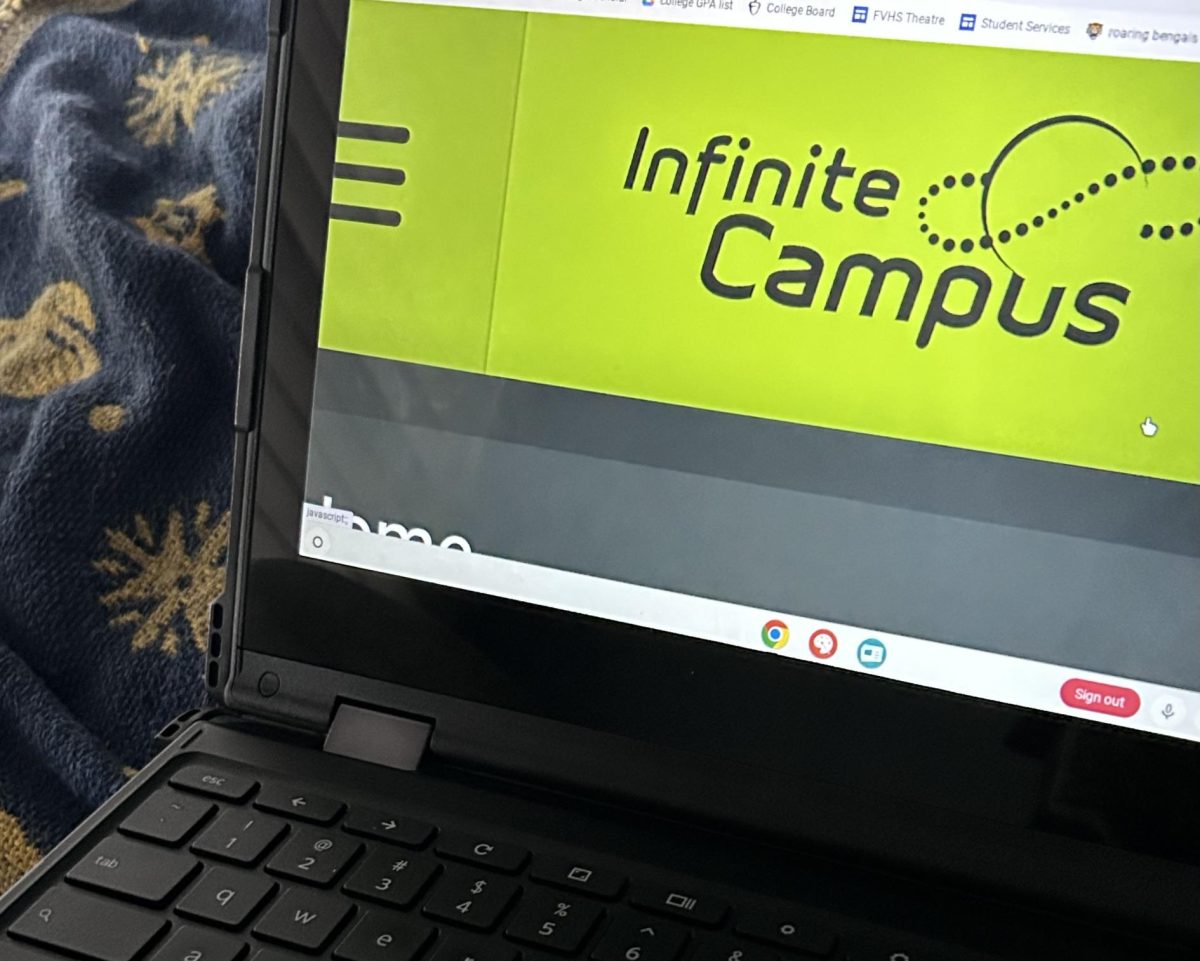The words “AP exams” alone are enough to sink fear into the hearts of hundreds, if not thousands of high school students. Students who fell for the trap of being recommended for AP classes to “challenge their skills” are now caught in a situation where they cannot turn back and must face the consequences of their poor decisions.
The AP exams, which have been going on for 60 years, have served as a source of dread from the beginning. College Board, a nonprofit organization whose goal is to “expand opportunities for students and help them develop the skills they need,” in all actuality, serves as a major source of stress and in addition, inconvenience.
Depending on the class, the AP exams can start anywhere from 8 a.m. to 12 p.m. and last around two to three hours. This alone causes extra stress for students, as the moment they wake up, they feel as if they are about to storm the beaches of Normandy.
Senior Annabel Wingler said, “I’m not gonna stress myself out for the AP exam when it does not impact my grade or show up on my transcript. Sure college credit is good, but I try not to stress myself out about it. I’d recommend taking a Wake Tech class because you do get college credit. I think if you’re looking to challenge yourself academically and you want a higher GPA, it’s worth it. If you’re solely going for credit, then probably sign up for a Wake Tech class instead.”
The exams themselves are mind numbing, and torturous to their core, with study preparation for the exams beginning a month before the exams take place. They typically start off with a multiple choice section. Once you have gotten through that grueling process of answering questions as quickly as you can, students make their way past the multiple choice only to realize it was just the calm before the storm. They are then faced with the written responses.
The written responses are by far the hardest part of the exam, as at this point, students have completely fried their brains on the multiple choice. During this portion of the test, students completely give up hope. Legend says that one student, on the AP Government and Politics exam, did not know how to respond to the prompt and as a result, wrote the Pledge of Allegiance, losing the opportunity of college credit.
“It’s stressful sometimes because you have to relearn a lot of the things you have learned over the semester, I took three my fall semester including AP United States History (APUSH), and all my APUSH knowledge has left me,” said junior Emily Newton.
With this, students often have to cram their brains with as much information as possible, which increases stress and therefore leads to burnout, in turn affecting their mental health negatively.
The fact that the class alone isn’t enough to receive college credit is incredibly inconvenient, as during the time period the AP exams takes place, students are taking other classes, or even better could be completing projects that relate to them in the moment, and not something they learned six months ago that is, truthfully, unimportant in their day to day life.
Think about it like this, will it really matter in 20 years what year some irrelevant, forgettable president such as Martin Van Buren came to power? Will it really matter in 20 years whether or not Albert Einstein preferred his eggs sunny side up? The answer to that is no. Obviously we should be educated on historical events that actually impacted the world and still affect us to this day, but a lot of what these classes teach us is information that will only be brought up at most two times and then forgotten about.
The truth that the AP exams should not be this inconvenient, complicated or stressful. When you look back on human history, humans were not made to sit in a cold gym at 8 a.m. hunched over while racking their brain trying to recall as much useless information that they can in order to score the most points. We were made to embrace our talents and live our lives to the fullest.
While education is important, schools, and therefore the College Board, should work towards a more innovative system of testing and teaching that benefits students and prepares them for the real world, reflecting the changes that need to be made in order to create a more innovative future.







